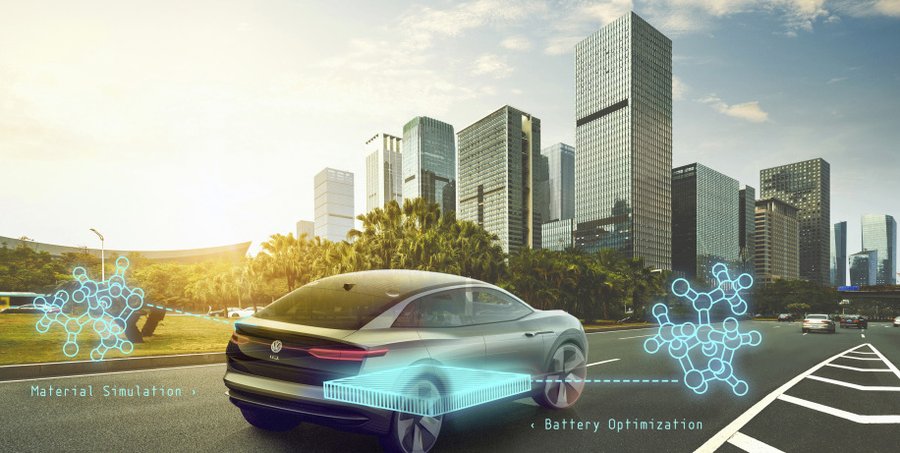The cars of the future, though, are more than simple mechanical machines. They're computers, and they're connected to other computers. As data becomes more important to the auto industry, VW is working to advance its ability to process that data. As such, the German automaker announced it has partnered with Google for quantum computing.
The massive processing power of quantum computers would help Volkswagen in a few different areas. One is traffic optimization, which will become especially important if and when autonomous vehicles begin to swarm our roads. It can also help those cars perform better through artificial intelligence and machine learning. Third, quantum computing can help VW develop new material structures as the company searches for breakthroughs in high-performance batteries for electric vehicles.
"Volkswagen's collaboration with Google marks the beginning of quantum computing in the automotive industry, and is a paramount step to addressing modern mobility challenges unlikely to be solved with binary digital electronic computers," said VW of America Executive Vice President Abdallah Shanti. "Through this partnership, Volkswagen intends to unlock the potential of this technology, and share our learnings to motivate the development of quantum computers and algorithms."
Are you a little confused about what quantum computing actually is? You're not alone, as it's pretty advanced stuff. An interview with Google computing and AI gurus Hartmut Neven and Martin Hofmann helps clear things up. Suffice it to say that quantum computers are exponentially faster and more powerful than conventional computers that use bits for memory.
Related News

